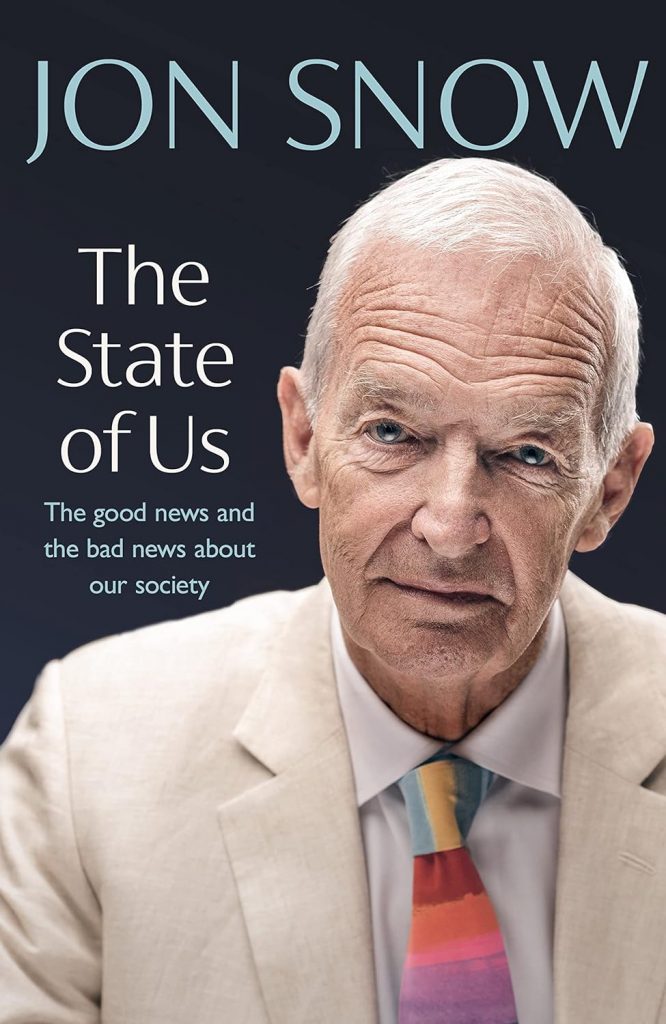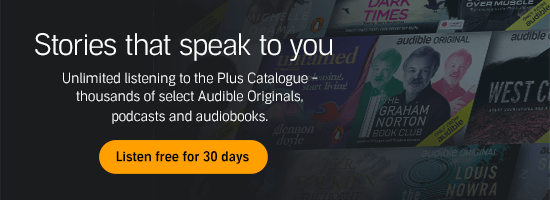Jon Snow and the memoir of an optimist
Broadcaster Jon Snow talks to Anna Lamche about privilege and the root cause of inequality in Britain
Thursday, 28th September 2023 — By Anna Lamche

Jon Snow’s new book is called The State of Us
WHEN Jon Snow was a young boy he met Harold Macmillan, then the Conservative prime minister of Britain.
Macmillan, who was visiting the chapel attached to his private school, asked: “Do you know what a prime minister is, young man?” Eight-year-old Snow replied: “Are you married to the Queen?”
This was the first of many encounters Snow was to have with power, a fact the veteran broadcaster credits largely to his upbringing in the “isolated, chilly, rarefied world that I had come from,” as he writes in his new book, The State of Us.
Part memoir, part manifesto, part apologia, the book belongs, like Polly Toynbee’s An Uneasy Inheritance, to an emergent genre of establishment figures seeking to “check their privilege”. For Snow, this takes the form of frequent admissions that he has enjoyed unfair advantage over others, despite a lack of formal qualifications.
As he told the Review: “I had a privileged upbringing. I was a chorister at Winchester Cathedral… then I went to a public school. I had all the ingredients to render me a frightful person.”
The book tackles a number of core themes – specifically, inequality and the media landscape – while offering reflections on the broad sweep of personal, cultural and political events that have occurred since Snow’s birth in 1947.
His life, lived at the centre of the swirling maelstrom of current events, is an effective lens through which to examine the second half of the 20th century and the beginning of the 21st.
For Snow, the key to making sense of “what is going on” in our country is an understanding of the British class system, and how it generates inequality. This is the central theme of the book, the “story behind the story”.
He starts with the “truly British catastrophe” of Grenfell. For Snow, Grenfell underscored the damage done to our country and its people by inequality.
Inequality, he argues, is embedded in all the major institutions that shape public life, from our private schools to parliament. And while he has a few practical suggestions for change – for example, moving parliament to the Midlands and reforming the House of Lords – he is reluctant to suggest a single fix.
“Inequality is the scourge of our age and the ingredients are multiple,” he says. “To pick on one is not really going to cure the overall problem.”
His arguments proceed cautiously, with opinions often broken up by qualifying clauses – “I don’t profess myself to be an expert” – and while he certainly holds strong views, his writing is tempered by an instinct for balance that is unusual in our age.
Snow said he has not felt “off the leash” since leaving Channel 4, and adds: “I think the caution that infects our working within the media takes a very long time to leaven, and I would say that my caution still remains… I never really felt constrained as a journalist. I never felt ‘oh dear, I can’t say that’. Because if you work sensibly, you can construct a way of saying it that makes it quite clear.”
Despite this, Snow’s opinions still make themselves felt throughout the text. He argues the Iraq war “set us back years in the fight against climate change”, that politicians are inventing ways “to criminalise reasonable behaviour”, and that “nothing good… has come of Brexit”.
The book is light on hard data and statistics, an absence explained by his belief in the power of human stories. Figures, he writes at one point, do “little to jolt us out of our stupor”.
For example, he writes that things are getting better because he believes “people are by and large good”, but he quotes few figures in support of the argument.
Repeatedly Snow says that he is not a scholar: “Mine is more an animal intelligence rather than the bookish sort of some of my peers.” This plays out on the page, where he adopts a conversational tone that follows the rhythms of speech, mimicking its ebbs and flows and recurrences in a manner that evokes his career as a broadcaster. Always careful to take his reader along with him, he often circles back: there are themes that emerge “time and time again throughout this book”.
He is, after all, a child of the post-war consensus, and he is most comfortable writing in the first-person plural: we, us, our, ours. And while his vision of the past is not tainted by nostalgia – “the society I grew up in was tired and stale” – he embodies the good qualities of the age in which he was born, defined by optimism, community and a belief in the welfare state.
He stressed the importance of “allowing a degree of optimism where you can use it, but being honest about the grimness of other things.
“I am an eternal optimist. I am absolutely convinced that things can get better, and we can help them get better.”
• The State of Us: The Good News and the Bad News About Our Society. By Jon Snow. Bantam, £20

